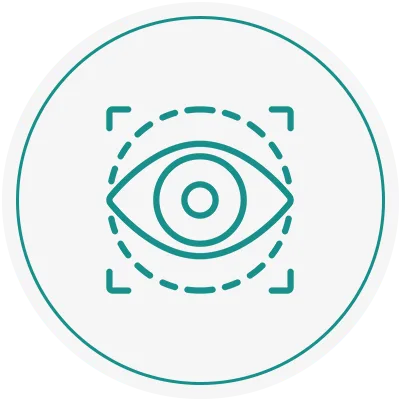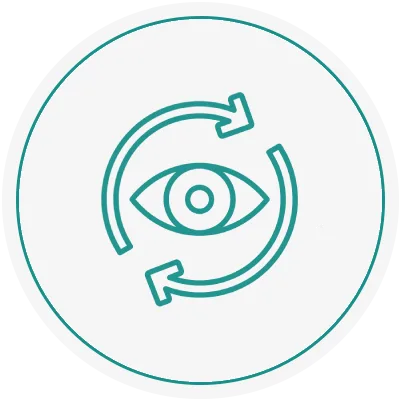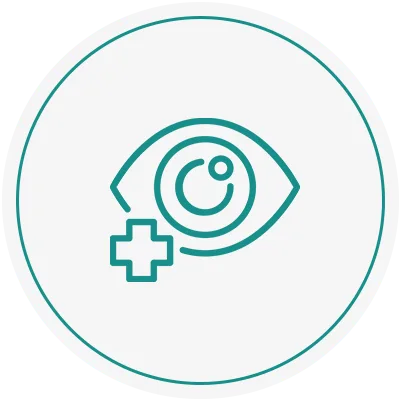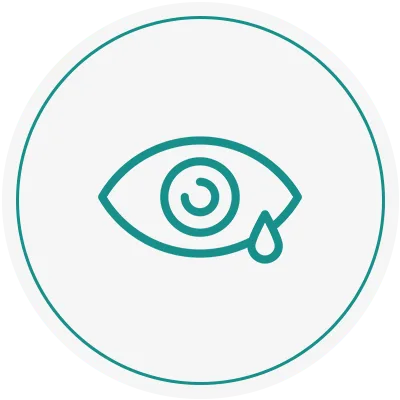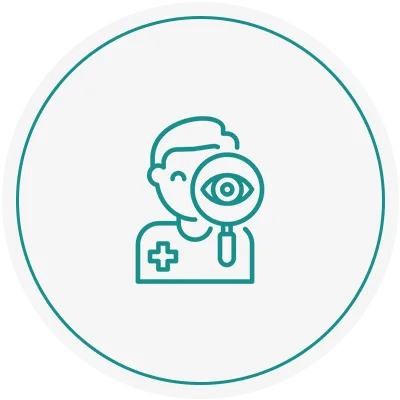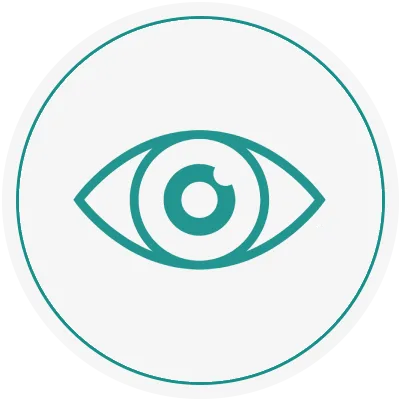Welcome to Vision Corner!
Houston's Preferred Private Local Practice
Therapeutic Optometrist and Optometric Glaucoma Specialist, Contact Lens Specialist, Myopia Management Specialist, Meta AI EyeGlass Specialist, Nuance Audio Specialist, Migraine Eye Specialist, Neurolens Eye Specialist, Comprehensive Eye Care, Dry Eye and Aesthetic Specialist & Eye Doctor located in the heart of the uptown area, including River Oaks District, Galleria and HEB Central Market
Over 1000 5-star reviews!
Our Story
Vision Corner is a comprehensive eye care office in Houston, Texas. Led by Sophia Barnes, OD, the team of dedicated professionals brings decades of experience to eye care. Vision Corner is powered by caring staff and promotes eye health for people of all ages…
Vision Corner Services
Featured Brands
Discover our wide range of stylish, high-quality eyewear options tailored to suit your needs. Click the link to explore the perfect frames for your vision and style! With a variety of shapes, colors, and designs, you’re sure to find the perfect pair to enhance your look. iGreen eyewear is crafted with precision and comfort, ensuring you see clearly and confidently every day.
Frequently Asked Questions
Do you accept appointments?
Yes, we do accept appointments at our office. In fact, we highly recommend that you schedule an appointment with us in advance to ensure that you receive the best possible care.
How often should I visit the optometrist?
Typically, it’s recommended to visit the optometrist for a comprehensive eye exam every 1 to 2 years, depending on your age, overall eye health, and any existing vision issues. If you have specific concerns or changes in your vision, it’s best to schedule an appointment regardless of the recommended timeframe. Your optometrist can provide personalized guidance based on your individual needs.
What services do you offer?
Vision Corner is happy to offer a variety of services including:
Is it necessary to schedule an appointment for purchasing new glasses?
Contact us today to connect with our staff on purchasing new frames at our office, especially if you possess a valid and current prescription.
Contact UsHow long is my prescription valid for?
To maintain up-to-date health and wellness assessments, it’s advisable to undergo an annual eye exam.
Insurances
We accept many insurance plans. If you don’t see your insurance listed, please call our office.



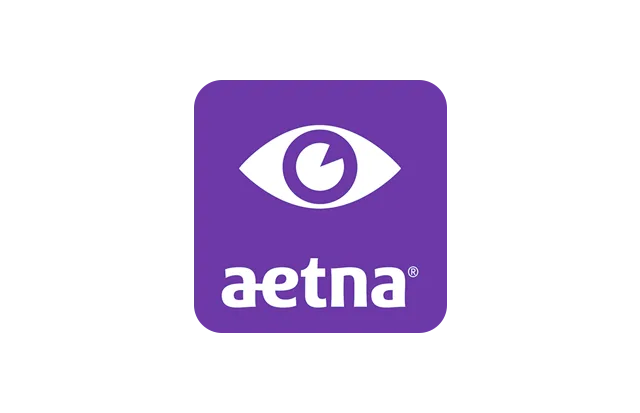





































Affiliations




